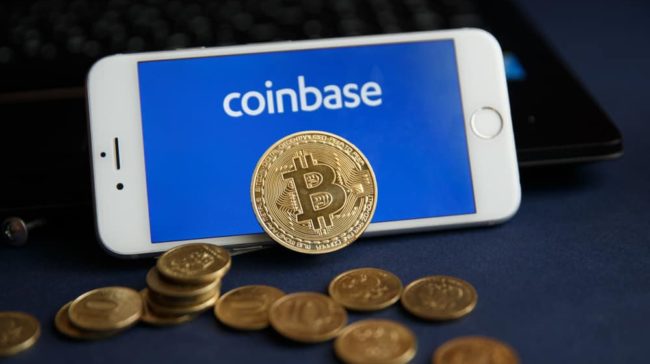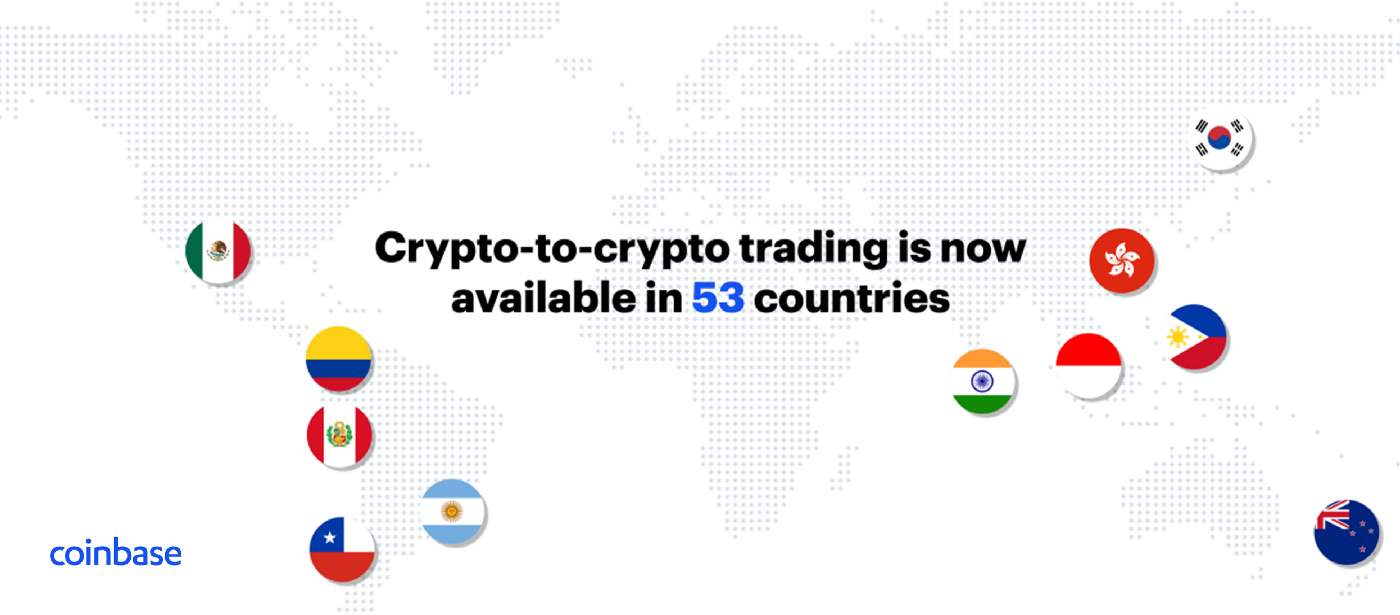
2019 is supposed to be the year of crypto mainstream adoption, and there have been quite a few movements in the crypto space that are leading the way.
It seems that if there are more clarity and regulation, institutional investors will also come forward and more expert voices said that when institutional money comes pouring into the crypto space, mass adoption will follow.
We’re also out of the crypto winter, and this is another good sign.
Coinbase contributes to bringing mainstream adoption closer
Coinbase just made an important move in the crypto space. The exchange has just expanded its crypto-to-crypto trading services to 11 more countries via Coinbase Pro and Coinbase.com platforms.
The exchange plans to bring its services to 10 countries from Southeast Asia and Latin America and New Zealand as well.
Now, Coinbase managed to reach 53 countries across four continents, and this is great for the global movement of crypto mass adoption.
From now on, customers from new locations will be able to store, trade, send and receive digital assets.
Coinbase expands to 11 more countries
Here are the new countries in which Coinbase will start offering its services:
Argentina
Mexico
Peru
Colombia
Chile
India
Hong Kong
South Korea
Indonesia
Philippines
New Zealand
Since back in 2018, Coinbase reported that most of its customers are making crypto-to-crypto trades.
According to the official announcement: “Direct trading between cryptos is increasingly the new norm and in the last year has overtaken traditional fiat to crypto trading across the globe.”
Coinbase also said that crypto is now moving from an investment phase to a utility phase and new use cases will be arising from this.
“This could take the form of decentralized versions of traditional financial services like lending or micropayments or truly novel crypto applications that no one has even thought of yet. The ability to convert from one crypto to another will form the backbone of this new decentralized economy.”





